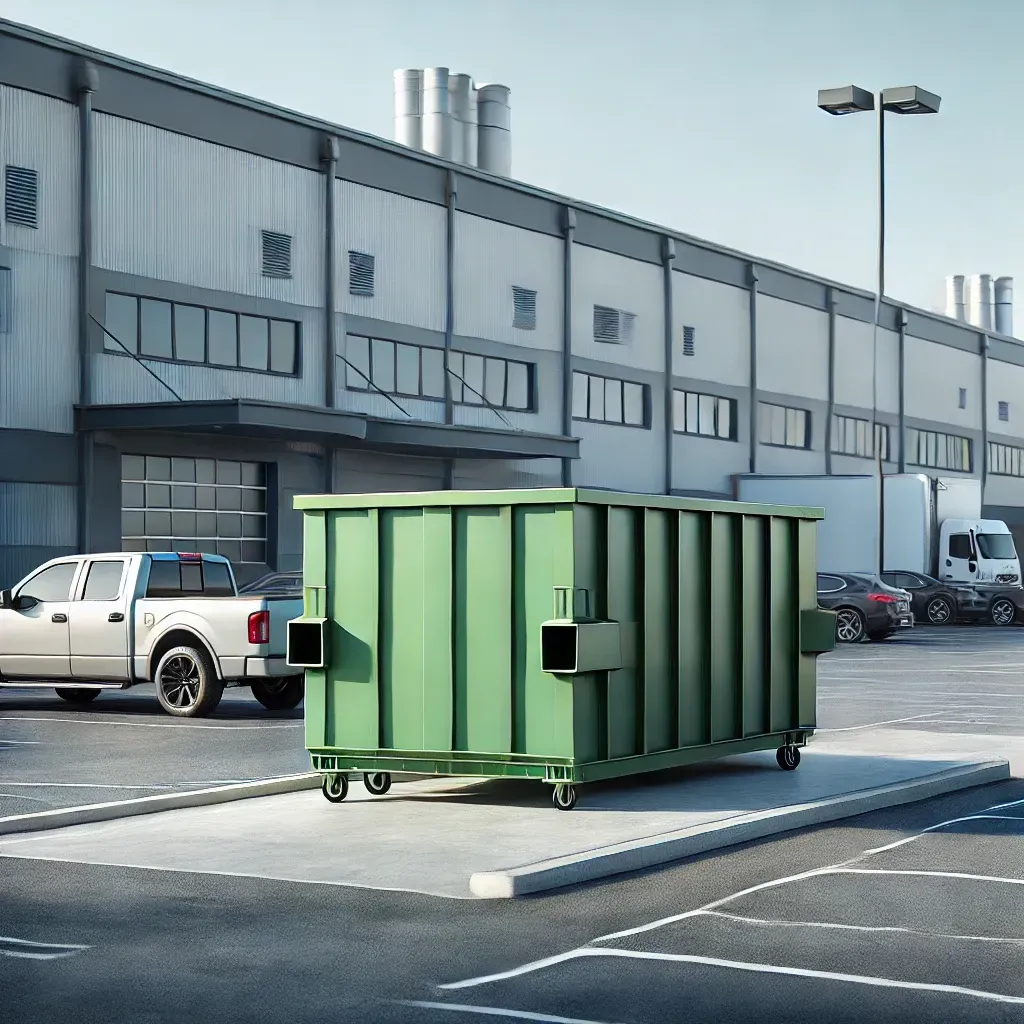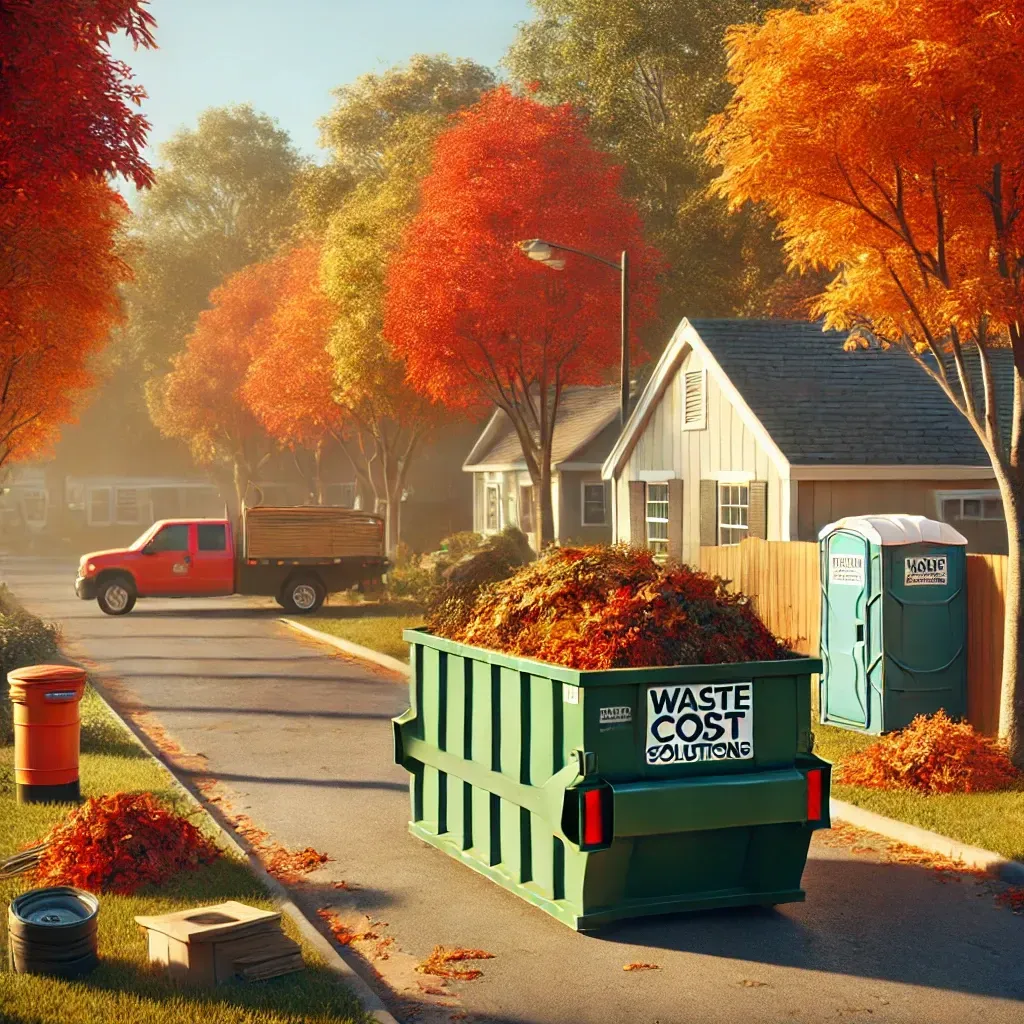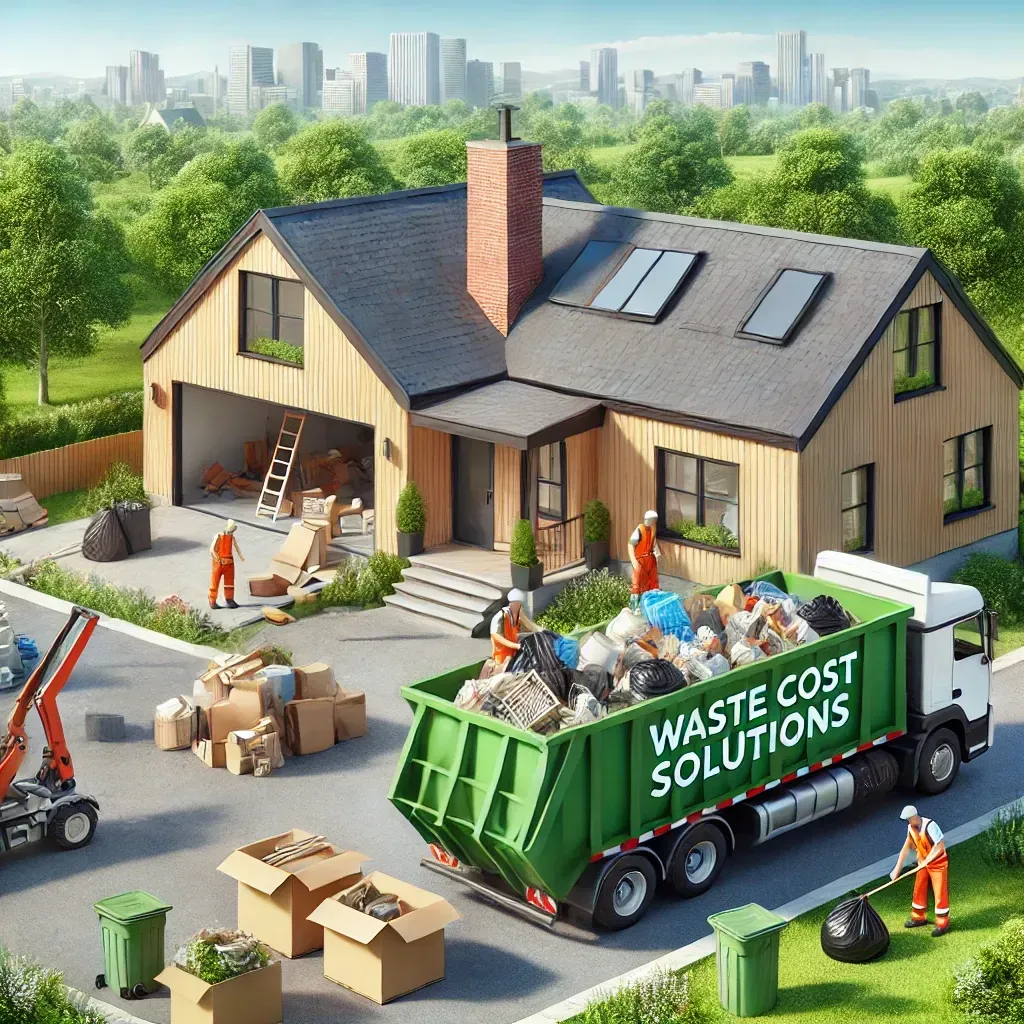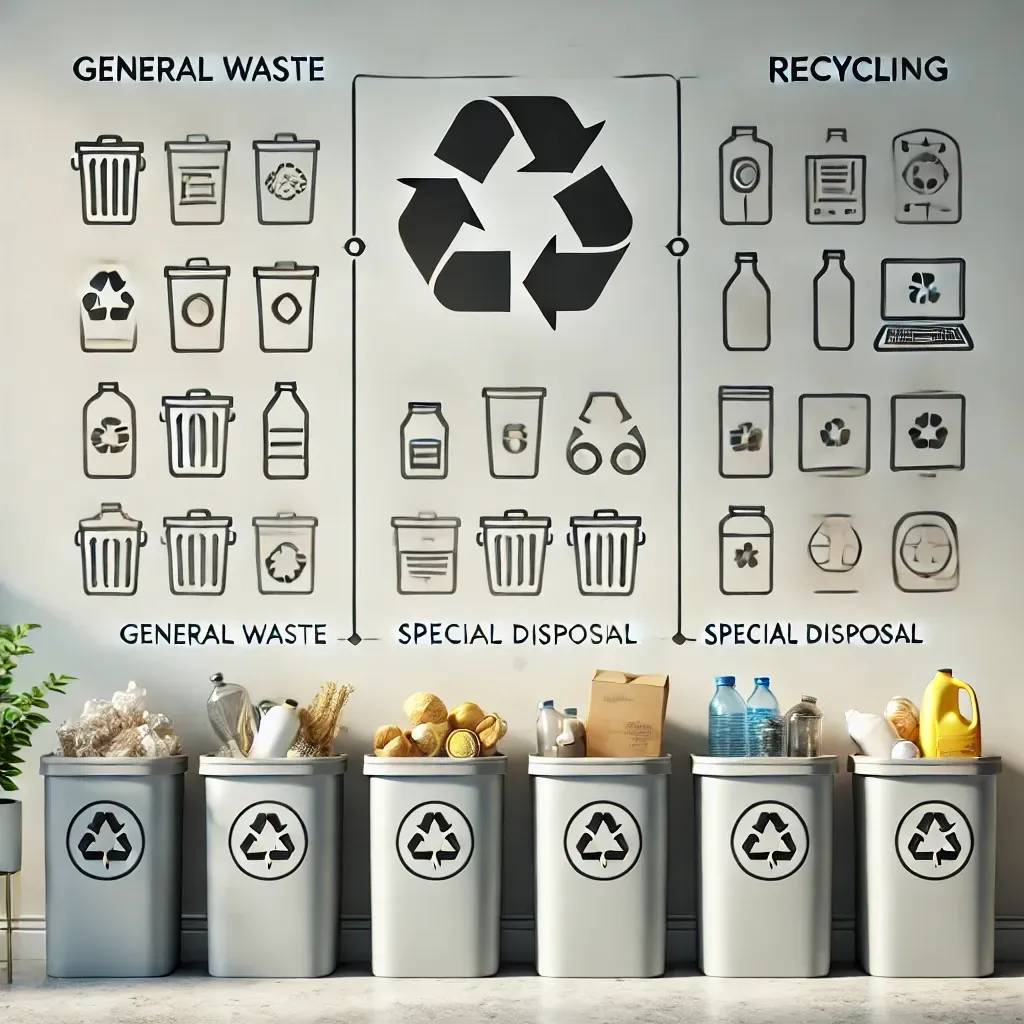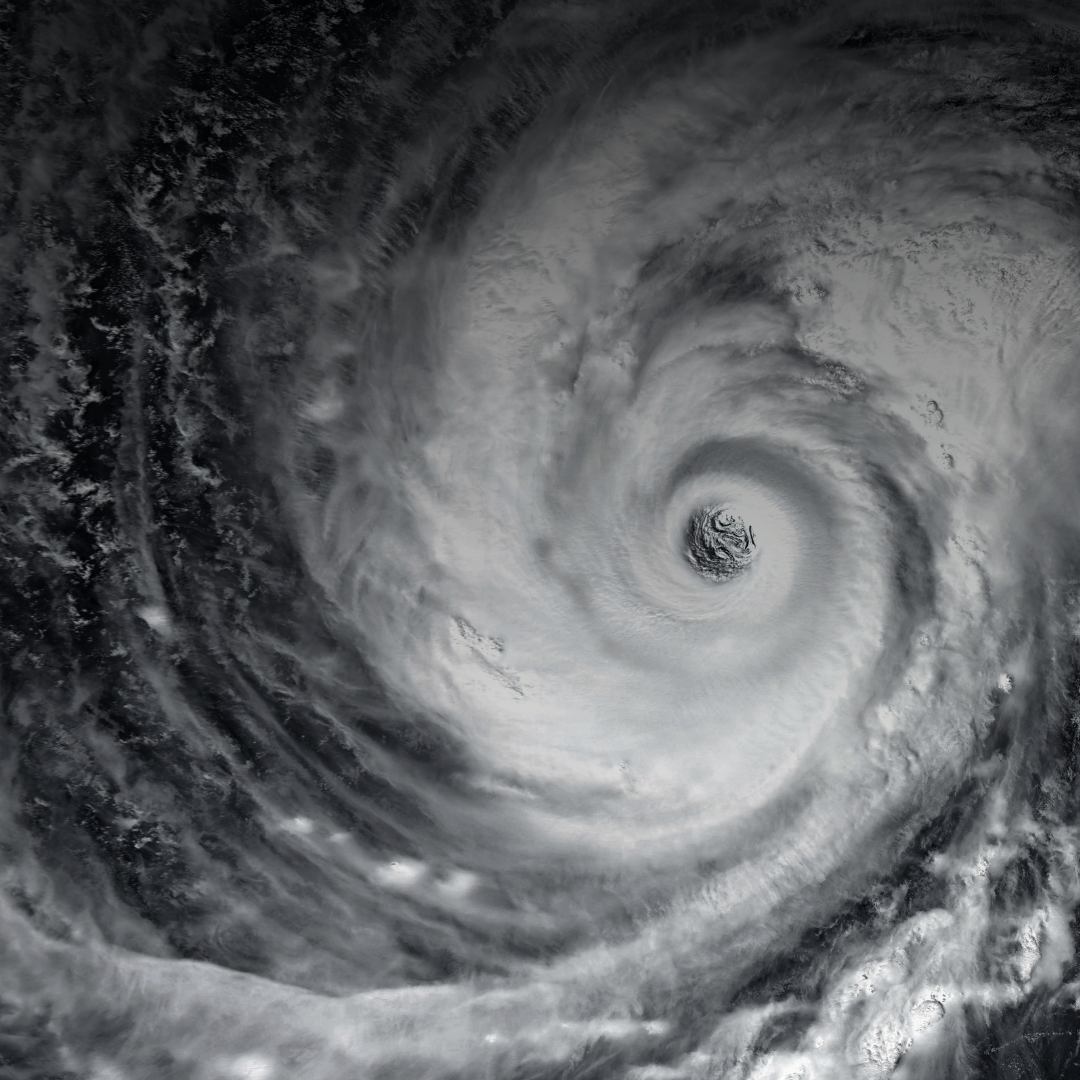Food Waste In America and Around The Globe – Restaurants, Grocery Stores and Consumers Are Not The Biggest Contributors

As food waste remains a growing concern in America and around the world, it’s easy to assume that restaurants, supermarkets and consumers are the leading producers of food waste throughout the globe. Interestingly enough food is wasted even more from farms and from other food producers. According to an article in ZME Science, more food is wasted on farms and other food producers than in restaurants and homes combined. The article notes that in a new report, 2 billion tons of food are lost every year on farms alone.
Agriculture food waste can be attributed to a number of factors, including pests, bad weather, disease, poor infrastructure, an insufficient workforce, market conditions and other business imperfections. In some cases farmers were not able to pick the produce. In other cases, farmers may have not been able to sell their produce.

Market conditions off the farm can also cause farmers to throw out perfectly edible food: If the price of produce on the market is lower than the cost of transportation and labor, farmers may choose to leave their food crops unsold and not harvested. Food spoilage in transportation is another factor that leads to food waste.
Cosmetic imperfections are a significant source of food waste on farms, since it is believed that consumers are not interested in misshaped or blemished items, also known as “ugly produce.” Food safety scares and improper refrigeration and handling can also force farmers to disregard otherwise edible food. Labor shortages with the lack of workers in the fields to pick the produce, could also force famers to abandon harvesting their crops.
Food packaging houses and manufacturing facilities, along with transportation and distribution networks also contribute to national and global food waste. While cosmetic appearance plays a big part in the amount of food disregarded at packaging plants, overproduction and product damage are also leading factors. Often, rejected food shipments are donated to food rescue organizations, but the quantities may be too large for even the food banks to accept. In addition, perishable foods are vulnerable to loss due to inadequate refrigeration in the transportation process.
It’s recommended that local and state governments place more emphasis on food waste and loss on farms, as well as introduce binding food waste and reduction targets. Markets and supply chains also need to help build fairer structures for farmers to prevent floods and gluts on the food.
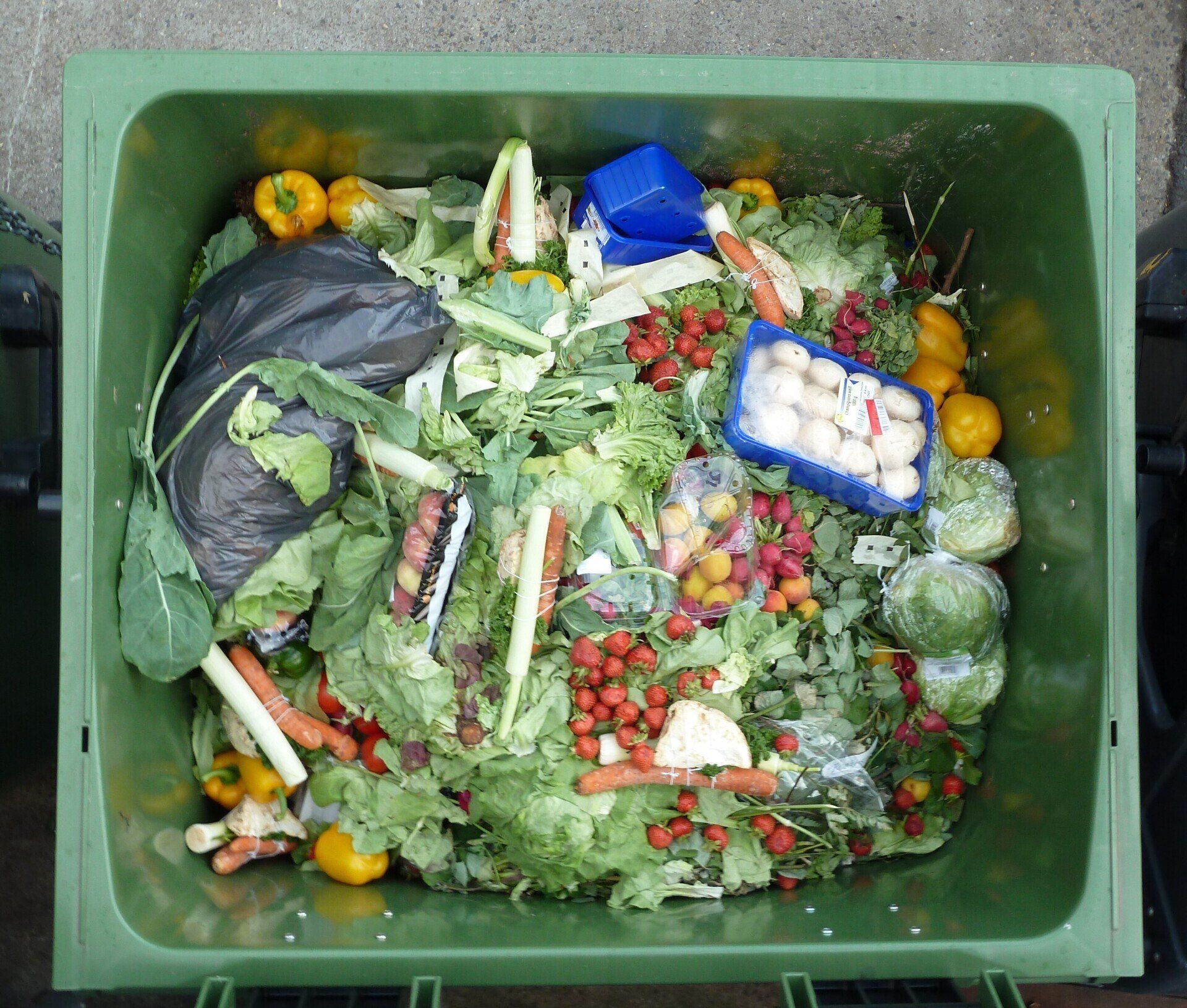
At Waste Cost Solutions we understand the importance of food waste management. Our expert facilities team is here to assist you with solutions to this matter. No matter if you need assistance with food waste or keeping up with your city, county and state ordinances, Waste Cost Solutions is here to help you every step of the way.
We earnestly work to resolve any waste, recycling and facilities-related issue your business may have. Our team of specially trained agents are solution specialists who expressly work for you and your business. From food waste management issues to staying up-to-date with local city and state ordinances, Waste Cost Solutions is with you day in and day out.
Whether your establishment requires pressure washing, dumpster sanitizing, window cleaning, air conditioning service and repair, bulk removal request, enclosure repair and replacement, or an emergency dumpster. Waste Cost Solutions is here to assist you. Contact us today at 800-509-5399 or email us
